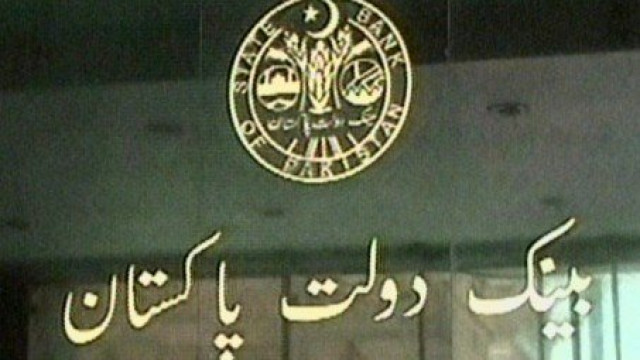SBP denied extra powers

SBP denied extra powers
This move blocked the process of giving the central bank operational independence. The ministry of finance had presented the Banking Companies Amendment Bill 2010 to the Senate standing committee on finance and revenue and sought its approval, which was unanimously struck down by the committee. The finance ministry has proposed that the central bank should be given the authority to direct commercial banks at any time to inject more money without upper limit.
It has also proposed that if the SBP declares a shareholder unfit for keeping the shares, it can force it to sell them at the SBP’s given price. “Prima facie amendments are draconian,” said Senator Safdar Abbasi of the PPP. Senator Wasim Sajjad of the PML-Q observed that “forcing certain individuals to sell certain shares at certain price is against the Constitution”.
The Senate panel has taken the stand at a time when the May 10 deadline to pass the bill is fast approaching and the International Monetary Fund is taking up Pakistan’s request for the approval of the fifth tranche of $ 1.2 billion on May 14. The National Assembly has already passed the proposed bill and if the upper house does not clear it before May 10, it would lapse. Ishaq Dar asked the ministry of finance to table a balanced bill before the committee even if there is IMF conditionality of giving more independence to the regulator.
The IMF has asked the government of Pakistan to give more regulatory powers to the SBP. These powers include restructuring of commercial banks, forced sales of shares and taking administrative control of banks. Ishaq Dar, who is also a former finance minister, said that the federal government should not surrender its powers in favour of the central bank, as the final responsibility lies with the federal government. The committee has directed the finance ministry to redraft the bill and incorporate its recommendations.
“Senators are trivialising a serious piece of legislation,” said State Bank Governor Syed Salim Raza. But he did not have an answer to the question as to why the central bank wants such discretionary powers. The chairman of the Senate panel Ahmad Ali of the MQM said there was no need for introducing amendments. “First convince us that you need such powers”.
However, Secretary Finance Salman Siddiqui said that the sense of the committee was that all powers need to be circumscribed with due process and it would prevail. Barrister M Haider Motta pleaded the central bank case in the committee, arguing that it protects 90 per cent stakeholders’ interest and giving these powers to it is justifiable.



















COMMENTS
Comments are moderated and generally will be posted if they are on-topic and not abusive.
For more information, please see our Comments FAQ